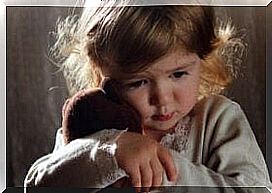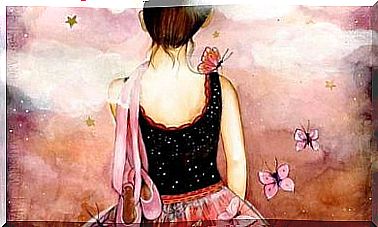University Is Not What It Seems

We always associate a series of preconceptions with academia. And that’s not unusual, as going to college is seen in so many ways. In fact, no two testimonies are alike about the personal experience of this important stage in the lives of all students.
Studying a discipline is an option that most people tend to consider from a young age. For this reason, it is interesting to analyze the expectations for university studies. Go further.
Expectations for going to university
Although the trend changes over time, the university benefits from thousands of mini marketing campaigns since we are small. They come to us from our teachers, our parents, our relatives, etc. They all tell us that studying at university is the best thing we can do to achieve a stable life in the future.

However, the current notion of university is no longer exactly the same, as there have been many social changes, especially in the labor market. But, despite this, there are still expectations associated with college education.
Employability
We generally believe that a university course, in itself, will provide us with more employability than other types of training, such as the cycles offered in secondary school or vocational training.
Obviously, each course has certain exits that interact with the state of the labor market. But if we believe that the mere fact of having a degree (whatever it is) will give us an advantage because it is perceived as a title of greater importance, it is a belief that is not not very faithful to university and professional reality.
Party
College and partying are two areas that, despite their fundamental incompatibility, tend to go hand in hand in most people’s heads. This expectation is also fueled by the influence of American culture on student life.
In many films and series produced in the United States, we see that the university stage is almost a philosophy of life, endowed with innumerable codes, rituals and customs. In France, university life is not comparable to that of the United States, but there are experiences and spaces that are characteristic of the university collective. Erasmus grants are one example.
Intellectual development
Most aspiring students believe that they will gain greater wisdom from their time in college. Unfortunately, cultivating the mind and intellect has more to do with a personal attitude than with the intellectual stimulation that a degree usually offers.
Independence
The age criterion playing a determining role, it is very common to associate the university stage with freedom in its maximum expression. If we add to this the fact that in many cases people have to leave their town or village to study, the wait is all the more comforted. This expectation is generally met, at least as far as daily activities are concerned.
However, in academia, there has been some involution. Attendance is compulsory for university degrees, unless the professor decides to “close his eyes”.
Before the reorganization of the diplomas, in license and in master, it was not very frequent that the participation in the courses was obligatory. At least, if it was, it was by decision of the teacher in question. There was then the freedom to decide whether to go to class or to prepare the subject on your own.

What do we keep from college?
Beyond expectations, we could say that university is a small stage in our life. If we decide to go this route, we will learn a lot. But probably the most important learning takes place outside the classroom.
One of the best things about college is being able to share spaces with people you never imagined you could meet. Many of them, by the way, will teach you a great deal about life, through their contributions, debates and the sincere conversations you have with them. People or, to put it better, fellow students, are, without a doubt, the best thing you are going to take in college.
Some of these people will eventually become hard friends, others will be companions that you will not lose track of and you will be happy to watch them grow up. You will even have classmates with whom you will not exchange two words and you will not have too many relationships.
Believe it or not, you will remember all of these people, even those that fall into the latter category. That mate who was shy, but always greeted you with a smile, or that mate who sat right behind you and with whom you never got to speak. Indeed, if the university still gives us something stronger than camaraderie, it is the sense of nostalgia.










